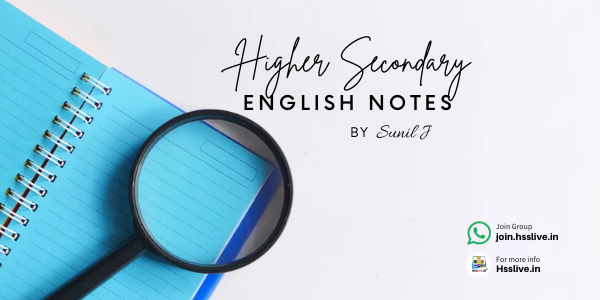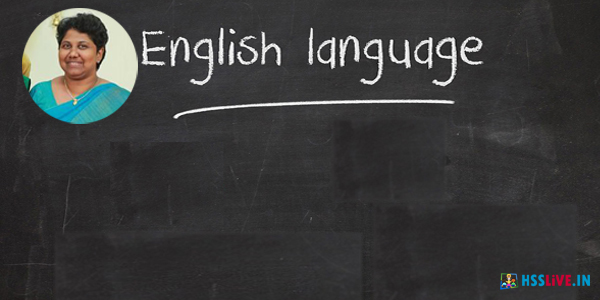study materials
 HSSLiVE.IN
12:09:00 PM
0
HSSLiVE.IN
12:09:00 PM
0
Complete Study Guide for Plus One & Plus Two English Exam Preparation 2025
Expected Questions & Final Revision for Higher Secondary Students Are you preparing for the 2025 P…
 HSSLiVE.IN
12:09:00 PM
0
HSSLiVE.IN
12:09:00 PM
0















